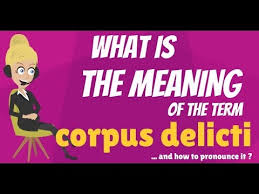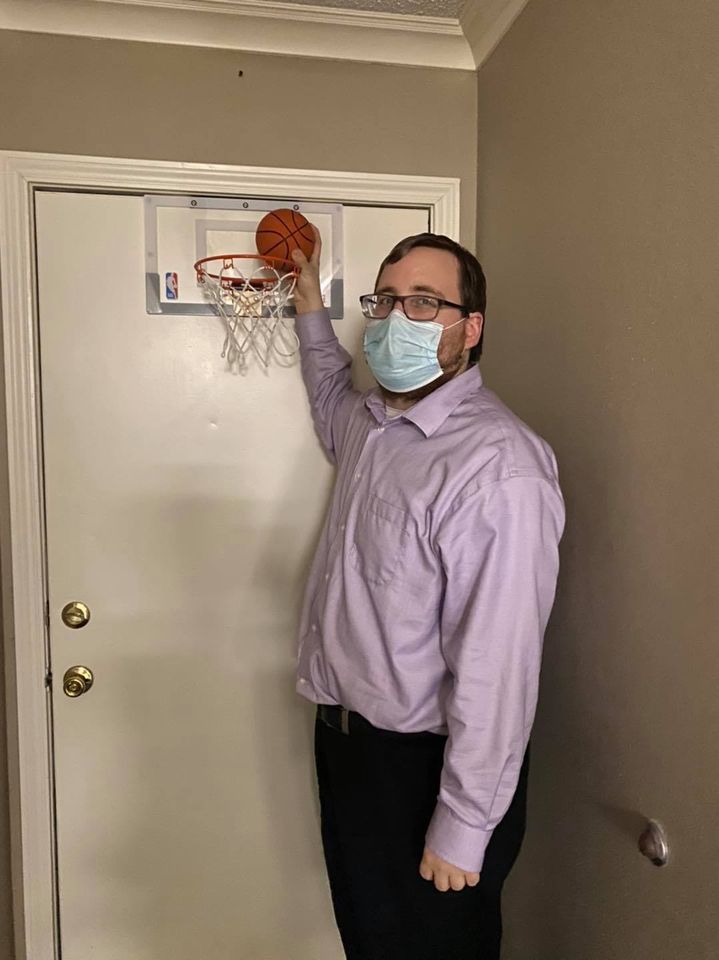Life Insurance & Texas DWI
 Life insurance is very important to ensure that loved ones have some security in case the worst happens. But, did you know that a DWI conviction might negatively impact your ability to obtain life insurance? While there does not seem to be any law stating life insurance consequences of a DWI, many life insurance companies tend to make obtaining a policy difficult with a DWI on a person’s record. For most companies, there is a 2-3 year waiting period after a DWI to get a life insurance policy. However, some companies might have a person wait up to 5 years, while other may deny coverage entirely. Some people might be able to obtain a policy during the “waiting” period, but with much higher premium payments.
Life insurance is very important to ensure that loved ones have some security in case the worst happens. But, did you know that a DWI conviction might negatively impact your ability to obtain life insurance? While there does not seem to be any law stating life insurance consequences of a DWI, many life insurance companies tend to make obtaining a policy difficult with a DWI on a person’s record. For most companies, there is a 2-3 year waiting period after a DWI to get a life insurance policy. However, some companies might have a person wait up to 5 years, while other may deny coverage entirely. Some people might be able to obtain a policy during the “waiting” period, but with much higher premium payments.
The problem is much bigger for those with multiple DWIs. While it may still be possible with extremely high premiums, most life insurance companies outright refuse policies to those with more than one DWI. Whether it is because of the criminal aspect or the potential for alcoholism, many companies see too much risk when DWI is involved. Some, if not all, companies might require you to give a blood sample. Others might require you to get a full medical diagnosis before even considering granting a policy.
Health Insurance might suffer too!
The same might also apply to health insurance. Health providers feel reluctant to give a policy to someone with a “preexisting condition” such as alcoholism. A DWI conviction might give these companies the justification they want to deny or overcharge you. What these companies are really doing is harming you and your loved ones. Denying health coverage, for example, means that getting treatment for alcoholism becomes that much more difficult. For life insurance, it means your loved ones might not receive benefits after an accident completely unrelated to the DWI.
One possible solution, depending on recency of the DWI conviction, is to seal your record. If the DWI is eligible for a nondisclosure, this might prevent you from having issues getting life or health insurance. Please call our Dallas and Fort Worth DWI Lawyers to see if your DWI might be eligible for sealing.
More about Mimi Coffey & The Coffey Firm
When people look for a Top DWI Attorney or Best DWI Attorney, they look for experience, certification, and respect in the legal community. Mimi Coffey is a nationally-renowned trial attorney, board-certified in DWI by the NCDD. She has been practicing for over 24 years and is an author of multiple DWI Defense textbooks. She is also a national and state-wide lecturer on the law.
The Coffey Firm handles a wide variety of cases, including Unlawful Carrying Weapon (UCW), Assault (including family violence), and Possession charges. We can also help you try to seal your record or avoid probation revocation.
Mimi is also listed on several “top criminal lawyer near me” directory listings such as DWI Lawyers for Wise County, DWI Lawyer Tarrant County, DWI attorney Dallas County, DWI attorneys Collin County and DWI attorneys Parker County. Mimi is a caring DWI Lawyer in DFW, She is also involved in the Texas Tech School of Law foundation and enjoys using the skills she has developed to give back to the community.


 One of the most
One of the most  Despite the title “driving while intoxicated”, the law really only requires what it calls “operation” while intoxicated. This is one of the main reasons why there is plenty of confusion when police make a
Despite the title “driving while intoxicated”, the law really only requires what it calls “operation” while intoxicated. This is one of the main reasons why there is plenty of confusion when police make a  Everyone makes mistakes. What makes an arrest so scary is the unknown and the shame. An arrest feels like society plastered your name on a billboard or aired it on the news (sometimes it is). The embarrassment of having our family, friends, neighbors and coworkers know about an arrest feels unbearable. The Coffey Firm understands this. Outside of the fear of the unknown, the grief of letting others down is the single most important reason I have found that people come and hire me. Our name, character and reputation mean everything to us. When you go through a
Everyone makes mistakes. What makes an arrest so scary is the unknown and the shame. An arrest feels like society plastered your name on a billboard or aired it on the news (sometimes it is). The embarrassment of having our family, friends, neighbors and coworkers know about an arrest feels unbearable. The Coffey Firm understands this. Outside of the fear of the unknown, the grief of letting others down is the single most important reason I have found that people come and hire me. Our name, character and reputation mean everything to us. When you go through a  While “class C” misdemeanors are the lowest form of misdemeanor, that does NOT mean the long-term effects are the same. Most, if not all, traffic violations are Class C misdemeanors. Because of this, many generalize Class C misdemeanors as the “equivalent” of traffic tickets. That is far from the truth, especially for family violence.
While “class C” misdemeanors are the lowest form of misdemeanor, that does NOT mean the long-term effects are the same. Most, if not all, traffic violations are Class C misdemeanors. Because of this, many generalize Class C misdemeanors as the “equivalent” of traffic tickets. That is far from the truth, especially for family violence. Corpus Delicti
Corpus Delicti It is particularly accepted that that the rules of evidence do not apply to
It is particularly accepted that that the rules of evidence do not apply to  Though many don’t realize it, most
Though many don’t realize it, most  Going above & beyond! So proud of
Going above & beyond! So proud of